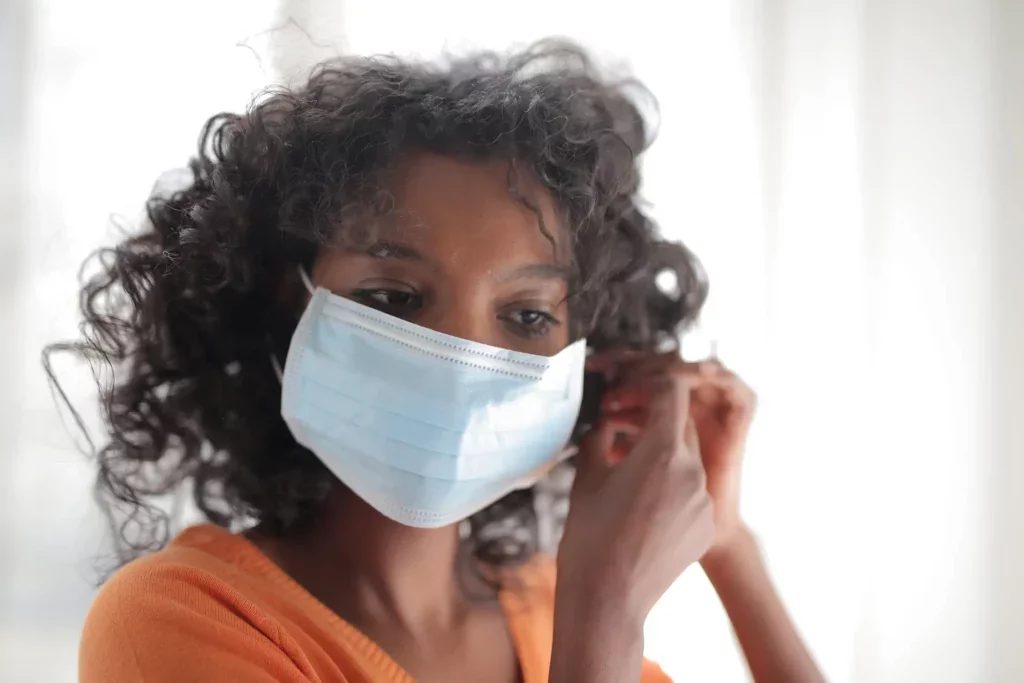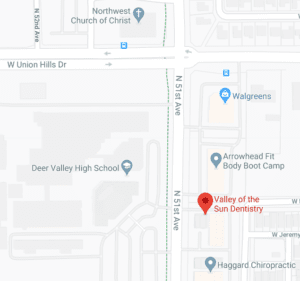
Even before COVID-19, I constantly wore masks while doing dental work. When I am focused on working in a patient’s mouth, it is not uncommon for me breathe through my mouth. This would cause my mouth to become dry.
Now that the general population is wearing a mask in public, it is more common for people to also experience a dry mouth from wearing their mask. While this isn’t normally a cause for alarm, your oral health can decline with constantly wearing a mask if you are not careful.
While I haven’t seen any major problems in my patients from constantly wearing a mask, other dental practitioners have seen a decrease in overall patient oral health since mask mandates have been put into effect, which they have dubbed ‘mask mouth’ (after ‘meth mouth’).
What causes dry mouth?
Dry mouth, or xerostomia, occurs when the salivary glands in your mouth don’t make enough saliva to keep your mouth wet. Dry mouth is often the result of:
Medications
Hundreds of medications, including many over-the-counter drugs, produce dry mouth as a side effect. Among the more likely types to cause problems are some of the drugs used to treat depression, high blood pressure and anxiety, as well as some antihistamines, decongestants, muscle relaxants and pain medications.
Age
Many older people experience dry mouth as they age. Contributing factors include the use of certain medications, changes in the body’s ability to process medication, inadequate nutrition, and having long-term health problems.
Cancer therapy
Chemotherapy drugs can change the nature of saliva and the amount produced. This may be temporary, with normal salivary flow returning after treatment is completed. Radiation treatments to your head and neck can damage salivary glands, causing a marked decrease in saliva production. This may be temporary or permanent, depending on the radiation dose and area treated.
Mouth breathing
Some people in some situations breath through their mouth because they can’t adequately breath through the nose. A good stuffy cold, for example.
Nerve damage
An injury or surgery that causes nerve damage to your head and neck area can result in dry mouth.
Other health conditions
Dry mouth can be due to certain health conditions, such as diabetes, stroke, yeast infection (thrush) in your mouth or Alzheimer’s disease, or due to autoimmune diseases, such as Sjogren’s syndrome or HIV/AIDS. Snoring and breathing with your mouth open can also contribute to dry mouth.
Tobacco and alcohol use
Drinking alcohol and smoking or chewing tobacco can increase dry mouth symptoms.
Recreational drug use
Methamphetamine use can cause severe dry mouth and damage to teeth, a condition also known as “meth mouth.” Marijuana also can cause dry mouth.
And now, add the influence of wearing a mask for a good portion of a day!
Symptoms of dry mouth include:
- Dryness or a feeling of stickiness in your mouth
- Saliva that seems thick and stringy
- Bad breath. (Have you noticed the odor you smell when you first put on a mask you have already worn?)
- Difficulty chewing, speaking and swallowing
- Dry or sore throat and hoarseness
- Dry or grooved tongue
- A changed sense of taste
- Problems wearing dentures
Why is saliva important to my oral health?
Saliva helps prevent tooth decay by neutralizing acids produced by bacteria, limiting bacterial growth and washing away food particles. Decreased saliva and dry mouth can range from being merely a nuisance to something that has a major impact on your general health and the health of your teeth and gums.
Not having enough saliva in your mouth and developing dry mouth can lead to:
- Increased plaque, tooth decay and gum disease
- Mouth sores
- Yeast infection in your mouth (thrush)
- Sores or split skin at the corners of your mouth, or cracked lips
- Poor nutrition from having problems with chewing and swallowing
How does wearing a mask negatively impact my oral health?
While wearing a mask, people tend to breathe more often through their mouths rather than through their nose. This is a contributing factor to dry mouth. People also tend to not drink water as often when a mask is covering their face, which can lead to dehydration and less saliva in the mouth. As I previously stated, saliva helps prevent tooth decay by neutralizing acids produced by bacteria and limiting bacterial growth in the mouth.
How can I maintain good oral health while wearing a mask constantly?
The best ways you can maintain your oral health while constantly wearing a mask is to breathe through your nose and keep yourself sufficiently hydrated, especially in Arizona’s desert heat!
If you are worried your oral health may have been affected by constantly wearing a mask, REQUEST AN APPOINTMENT with Dr. Fink and his team today or call us at 602-942-4260!
Check out these articles:
https://nypost.com/2020/08/05/mask-mouth-is-a-seriously-stinky-side-effect-of-wearing-masks/
https://www.mayoclinic.org/diseases-conditions/dry-mouth/symptoms-causes/syc-20356048


